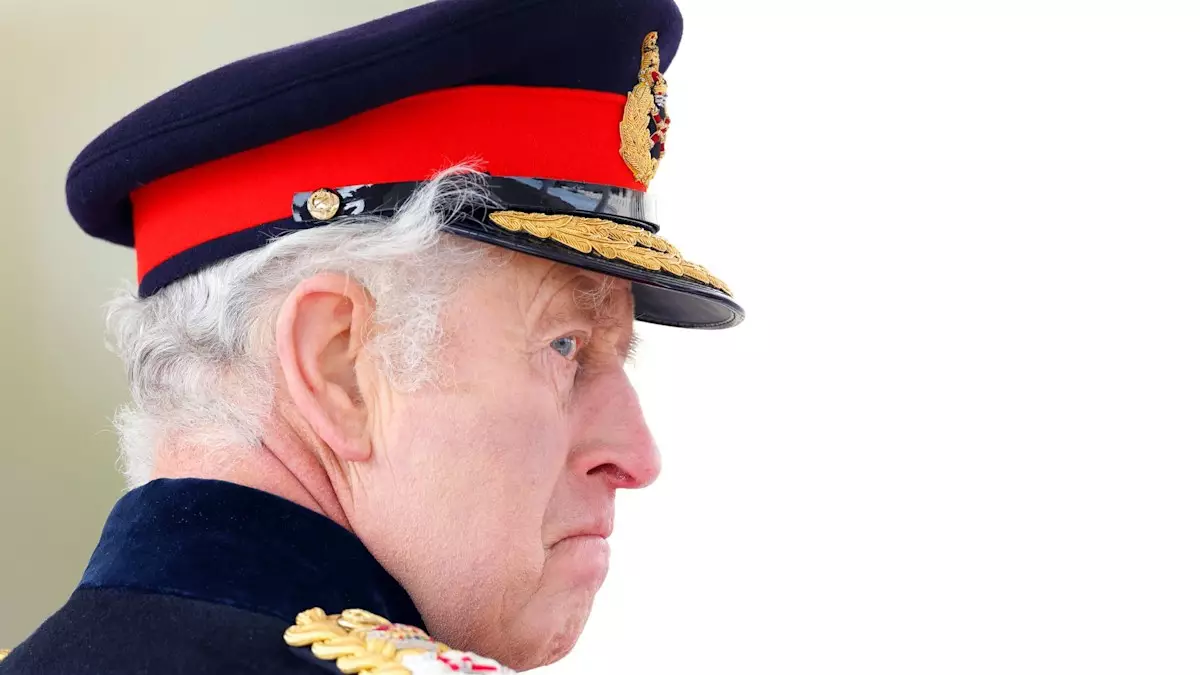King Charles III, known for his vigorous royal engagements and a lifestyle seemingly unaffected by the passing years, has recently found himself in uncharted territory. After being diagnosed with cancer early in 2023, the King, who notoriously abstained from lunch, is now being urged to incorporate this midday meal into his daily routine. His longstanding aversion to lunch has become almost legendary within royal circles, noted even in the official accounts of his life presented during his milestone birthday celebrations. This habitual exclusion stemmed from a perception that lunchtime would detract from his busy schedule, a routine curiously reflective of values instilled in him from a young age regarding work and duty.
Despite his reluctance, those closest to him have made their concerns about his health abundantly clear. Queen Camilla, along with his medical team, has actively encouraged him to reconsider his dietary habits. Their insistence highlights a fundamental but often overlooked aspect of royal life—nourishment is not merely a personal choice but a vital necessity, especially in the face of serious health challenges. Reports indicate that the King has compromised by opting to consume smaller portions, such as half an avocado, a decision that showcases both his stubbornness and willingness to adapt. This change reveals the underlying tension between royal traditions and the need for personal health management.
The importance of maintaining a balanced diet during cancer treatment cannot be underestimated. The National Health Service (NHS) advocates for varied nutrition that includes proteins, carbohydrates, fats, vitamins, and minerals to bolster the immune system and improve the body’s ability to endure treatments. King Charles’ decision to incorporate even a small lunchtime snack signifies a recognition of these medical insights. While some argue there is limited evidence linking specific foods to cancer progression, the broader perspective underscores the need for generalized health and vitality—ideals that resonate beyond royal facades.
King Charles has other eccentricities, particularly his love for boiled eggs, which have even been woven into popular culture—as seen in the dramatized series “The Crown.” The facetious dialogue about soft-boiled eggs highlights an endearing yet unusual dietary quirk that adds a touch of humanity to the monarch’s public persona. These peculiarities in his eating habits provide a glimpse into the fusion of royal tradition with personal whims, revealing that even the King finds comfort in familiarity amidst the rigor of his duties.
An interesting anecdote shared by Tom Parker-Bowles, the King’s stepson, sheds light on the royal household’s approach to waste. His remarks on recycling leftovers illuminate a sustainable ethos that transcends mere culinary practices, reflecting a broader commitment to mindful consumption. Such values juxtaposed against the backdrop of luxuries typically associated with monarchy encourage a narrative of resourcefulness that resonates with contemporary societal values.
King Charles’ evolving dietary practices are not just personal adjustments; they are indicative of broader themes of health, tradition, and sustainability in modern royalty. As he navigates the complexities arising from his health battles, Charles’ choices may serve as both a model and a reflection of the changing nature of royal responsibilities in the 21st century.

